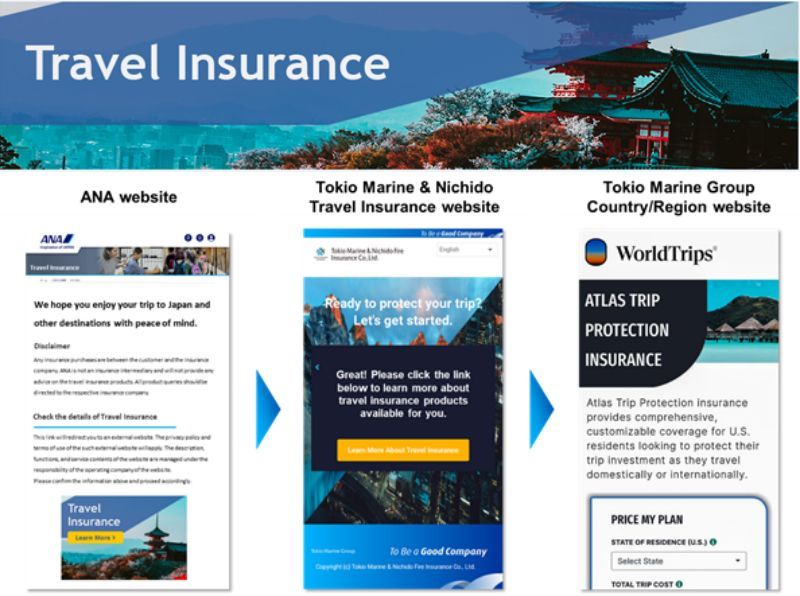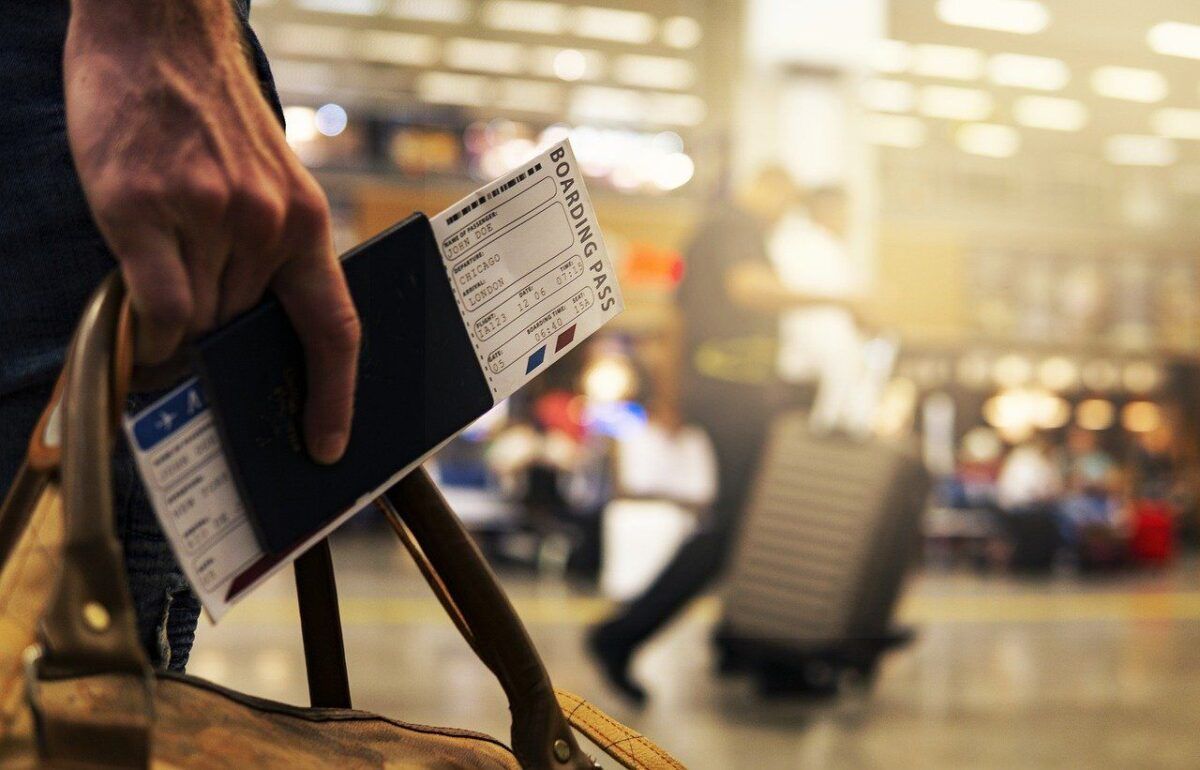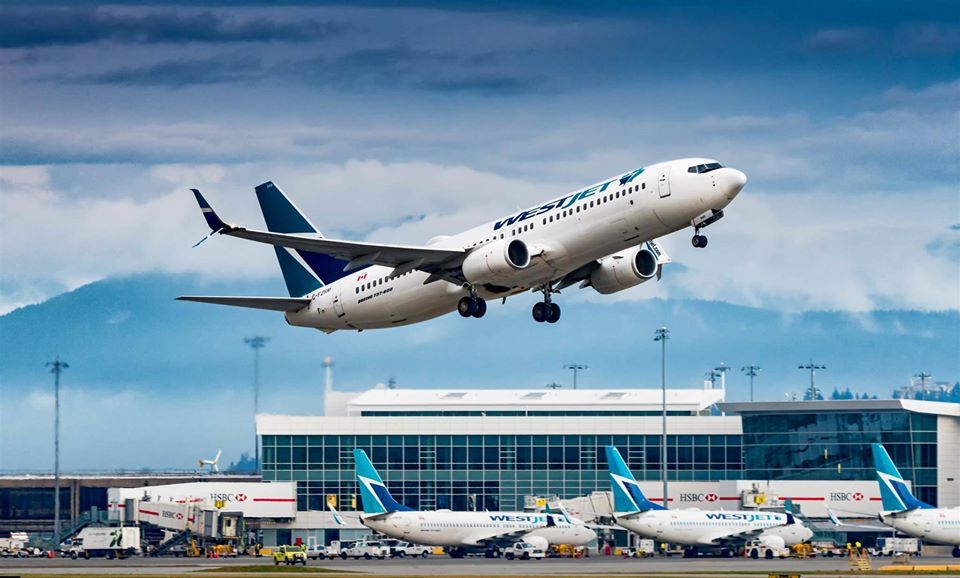As travel costs continue to rise in 2025, many travelers are looking for ways to cut expenses—especially when it comes to their travel insurance. While skipping or reducing coverage may seem like a smart way to save money, making the wrong decisions could end up costing you more in the long run.
But do you need travel insurance? Let’s explore when you could skip it—and when it becomes essential.
When You Might Not Need Travel Insurance
While travel insurance is essential for many trips, there are instances when it may not be necessary. Before buying a policy, consider these situations where additional coverage might be unnecessary:
- Your Trip is Fully Refundable: If your flights, accommodations, and tours come with full refunds or flexible cancellation policies, purchasing trip cancellation coverage may be unnecessary.
- Your Credit Card Already Offers Coverage: Many premium credit cards feature travel protections like trip cancellation, rental car insurance, and even medical coverage. Review your benefits before purchasing a separate policy.
- Traveling Domestically with Existing Medical Coverage: If your health insurance covers emergency medical needs at your destination, you may not require an additional travel medical policy.
- Short, Budget-Friendly Trips: If you’re going on a quick getaway with few non-refundable expenses, the risk of major financial loss is minimal.
However, travel insurance can offer critical protection that outweighs the cost of the policy for international trips, cruises, or vacations with prepaid expenses.
Now, let’s explore the most common mistakes travelers make when buying travel insurance—and how to avoid them.
Skipping Trip Cancellation Coverage
Trip cancellation coverage is among the most valuable benefits of travel insurance. Over the past year, a large portion of travel insurance claims arose from trips that were canceled or shortened. With increasing trip costs, travelers risk losing thousands of dollars if unexpected events—such as illness, severe weather, or airline disruptions—force them to alter their plans.
How to Save Smart: If you’ve prepaid for non-refundable flights, hotels, or tours, consider getting a policy that includes trip cancellation. However, if your trip is mostly refundable, you may not need this coverage at all.
Extra Tip: For ultimate flexibility, some travelers opt for “Cancel For Any Reason” (CFAR) coverage. This option costs more but provides extra peace of mind. It allows you to cancel for reasons not covered under standard policies.
Over-Insuring Your Trip Costs
While trip cancellation coverage is useful, overestimating non-refundable expenses can increase the cost of your policy unnecessarily. Many travelers mistakenly insure the full cost of their trip, even when certain portions are refundable or have lower cancellation penalties.
How to Save Smart: Only insure the amount you would actually lose if you had to cancel. For example, if your hotel has a 50% cancellation fee, insure only that amount instead of the total cost. This approach can greatly reduce your premium while still keeping you protected.
Overlooking the Most Affordable Policies
A higher price tag doesn’t always mean better coverage. Many travelers assume that expensive policies offer superior protection, but lower-cost plans often provide the same core benefits.
How to Save Smart: Compare different plans and select the one that best fits your needs at the lowest cost. Be sure to review essential benefits such as medical coverage, trip interruption, and baggage protection while steering clear of unnecessary add-ons.
To ensure you don’t overpay, it’s crucial to understand the various types of travel insurance and select the one that best suits your needs.
Different Types of Travel Insurance
Not all travel insurance policies are equal. Understanding the various types of coverage can help you select the right policy without overpaying.
Comprehensive Travel Insurance
- Covers trip cancellations, interruptions, medical emergencies, lost luggage, and travel delays.
- Perfect for extended vacations, international travel, and cruises where financial risks are increased.
Medical-Only Travel Insurance
- Includes medical expenses and emergency evacuations, but excludes trip cancellation.
- An excellent choice for travelers with refundable bookings who seek health protection while abroad.
Travel Delay or Interruption Insurance
- Reimburses unexpected expenses (hotel, food, transportation) when flights are delayed or trips are interrupted.
- Useful for travelers with tight schedules or during peak seasons when delays are common.
“Cancel For Any Reason” (CFAR) Insurance
- Offers maximum flexibility, allowing cancellations for any reason—not just covered ones.
- Typically, it is more expensive, but it can be worth it for high-cost trips where plans might change.
Choosing the right type of travel insurance policy ensures you only pay for what you need, preventing overspending on unnecessary coverage.
Ignoring Medical and Emergency Coverage
Many travelers believe that their health insurance provides coverage while abroad, but this is not always true. Emergency medical expenses, hospital stays, and evacuations can become very expensive without adequate coverage.
How to Save Smart: Seek a policy with sufficient medical coverage, particularly when traveling abroad. If you have pre-existing conditions, verify whether your policy includes them or if you need to obtain additional coverage.
Beyond financial coverage, one of the most valuable yet overlooked benefits of travel insurance is access to emergency assistance services when you need them most.
The Importance of Emergency Assistance Services
Travel insurance is more than just reimbursement—it can also offer real-time assistance in emergencies. Many travelers underestimate this essential service, often recognizing its true value only when they need it most.
What emergency assistance services can do for you:
📞 24/7 Travel Support: Many policies offer hotlines for medical emergencies, lost passports, and legal assistance—essential when traveling in a country with language barriers.
🚑 Medical Evacuation Coordination: If you experience a serious illness or injury while abroad, some plans organize and cover medical evacuation to the nearest qualified hospital or even back home.
📍 Assistance During Crisis: Some insurers provide support during natural disasters, political unrest, or unexpected airline disruptions, aiding travelers in finding safety.
Before purchasing a policy, verify whether emergency assistance is included—because often, the greatest help isn’t merely financial, but logistical support when you need it most.
Checklist for Buying the Right Travel Insurance Policy
Now that you know how to avoid costly mistakes and select the right type of coverage, here’s a simple checklist to guide your decision-making process:
✅ Evaluate the Risks of Your Trip: Take into account your destination, intended activities, and possible travel interruptions.
✅ Determine What You Need Coverage for: Are you concerned about trip cancellation, medical emergencies, or delays? Choose a policy accordingly.
✅ Check for Existing Coverage: Review your credit card benefits and health insurance to prevent unnecessary duplicate coverage.
✅ Compare Policies and Prices: Don’t just purchase the first plan you see—use comparison tools to discover the most budget-friendly policy that suits your needs.
✅ Read the Fine Print: Check for exclusions, claim requirements, and policy limits to ensure you understand what is covered.
✅ Keep Documentation Prepared: In the event you need to file a claim, receipts, medical records, and proof of delays will be crucial.
Final Thoughts: Use Your Resources Mindfully, Ensure Your Safety
Travel insurance is an essential safeguard, but paying more doesn’t always guarantee better coverage. By understanding what you truly need and avoiding unnecessary expenses, you can obtain the right protection at the best price. Before your next trip, compare policies carefully, insure only what’s necessary, and double-check the details so you can travel with confidence without overspending.














